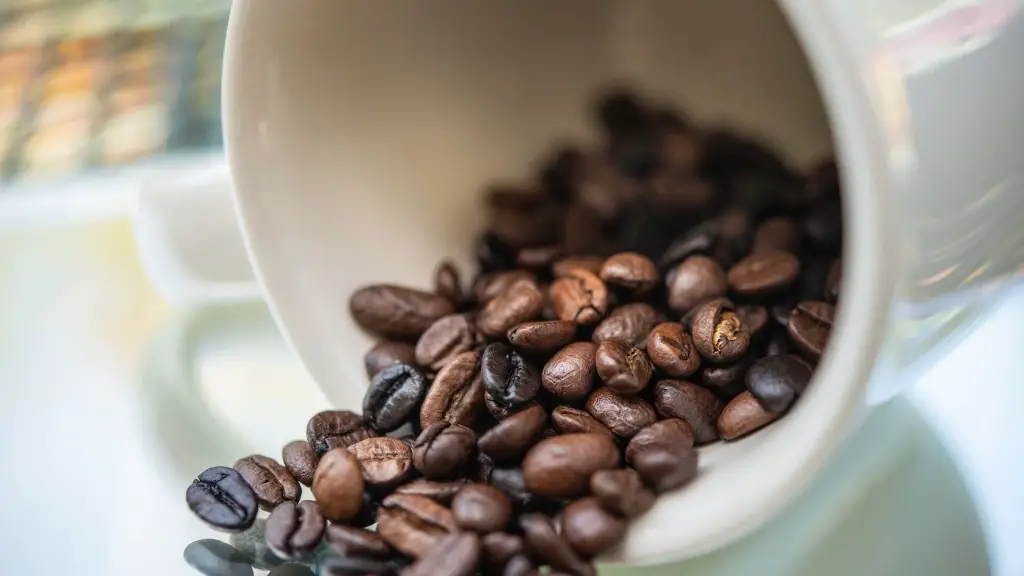Are you hooked to your morning coffee? Coffee is one of the most inculcated habits, but some fitness enthusiasts give it a miss due to the popular belief that its caffeine content is not suitable for workout sessions. The question arises, can I drink coffee as a pre workout? The elements that make coffee a great beverage to accompany a morning breakfast may or may not be suitable to be an optimum pre workout drink. Let’s understand better.
Coffee has caffeine as its main component which is a known stimulant. It works to raise energy levels, alertness and focus which might be helpful in pre-workout situations. Caffeine also helps in increasing the endurance of individual by allowing them to go on for a longer time as compared to their pre-coffee state. It prevents the athlete from get tired too quickly and gives them more drive to finish the session.
But too much caffeine can work the other way. Consuming a large amount of it before the workout can increase heart rate and blood pressure. It can increase the chances of a cardiac event, so it is advisable to limit the consumption of caffeine or not drink it if there is an existing medical condition.
Studies have also revealed that drinking coffee an hour or two before the workout can help to mobilise fatty acids. They can be utilised more efficiently as energy and muscle endurance is improved. Caffeine can help in retaining muscle strength, but the exact effects still remain debatable.
Lastly, coffee does help to push through a tedious workout session, but it still also has additional effects due to the presence of other components. So, if someone is looking to drink coffee to benefit the pre-workout performance it is important to stick to pure coffee and if that isn’t an option, then they should opt for those fitness drinks with lower content of caffeine and other components. It is always better to take advice from an expert in such situations.
Should I limit coffee consumption?
Coffee consumption should be monitored to avoid over saturating the body with nutrients which can validate the effects of caffeine. Factors such as age, body size, overall caffeine intake and timing of the last caffeine intake should be kept in mind to assess its effects on performance. Generally, it is advised to stay away from coffee for longer window of time for a more sustained effect of coffee on body. Further, excess intake of coffee can lead to disturbed sleep which can reduce the individual’s capability to perform the next day.
Also, it is advisable to not drink coffee beyond certain levels before the workout. This can cause any underlying medical condition to worsen so it is important to observe the body’s response to the amount of coffee taken prior to any workout. On the other hand, some individuals might find that they don’t experience any difference at all while drinking coffee; this usually happens in individuals who are already habitual of taking coffee. It is important to practice mindfulness and balance in such cases.
Taking care of the individual’s medical conditions, physical makeup and regular intake of caffeine in general are the most important factors to note when it comes to drinking coffee as a pre-workout. Do remember that every individual is different though, and understanding the effects of coffee varies from one person to the other.
Expert Opinion
According to a fitness enthusiast and nutrition expert, Bob Harring, “Coffee taken before a workout session is beneficial but it still depends on the body type and tolerance of the individual. If someone drinks too much, just to be motivated for the workout, it may not give them the desired results and can also have an adverse effect overall. Coffee should be enjoyed in moderation to truly unlock its benefits and enhance the strength, stamina and endurance of the individual”.
Coffee without sugar and cream is better and effective as a pre-workout drink as it increases the intensity of the workout and reduces fatigue. Also, it gives the person more focus and concentration due to the bitter taste and caffeine content. Some people recognise the feeling of invigoration consumed by the coffee as an energiser and opt for it before their workout, not realising its long term effects. Hence, it is important to be mindful and keep check of the amount of caffeine consumed and the timing of its consumption.
Do and Don’ts:
Consumers should generally abide by some simple do’s and don’ts when planning to include coffee in their pre-workout regime:
- Opt for black coffee instead of the sugary and creamy variants.
- Start with small amounts of caffeine to get a sense of how the body is reacting.
- Consume coffee an hour before the workout to reap its maximum benefits.
- Avoid excess consumption of coffee which can alter blood pressure and heart rate.
- Limit caffeine intake to a certain number of cups and maintain this amount over a period of time.
Coffee and Diet
Coffee consumption has also been associated with weight loss. It not only helps in keeping the body alert and energised throughout the day but also helps in burning fat due to its thermogenic nature. The thermogenic effect of coffee helps to consume calories which in turn helps in achieving the desired body shape. However, this should be done with caution as too much of coffee consumption can hamper the body’s ability to maintain correct metabolism and can lead to other medical conditions as well.
Due to its stimulating properties, it is advised to drink coffee in an empty stomach for better digestion and absorption of its nutrients. Coffee helps in breaking down fats and promotes the natural burning of calories, thus helping in the weight loss process.
Some studies associate coffee with appetite suppression, however, its exact relationship with hunger cannot be exacted and remains debatable among nutrition experts. Therefore, it is better to not rely on this factor and treat coffee as a drink with thermogenic effects that helps the body in burning calories and fat.
Conclusion
In conclusion, coffee can be a great help as a pre workout drink depending on the amount consumed, age and individual’s body type. Caffeine helps in burning more fat but it should also be taken with caution and coffee should be consumed in moderation. Long term effects of coffee should also be considered before opting for it and its effects should be monitored over a period of time. Moreover, it can also be used as an appetite suppressant, but the effects of that should not be completely relied upon.



